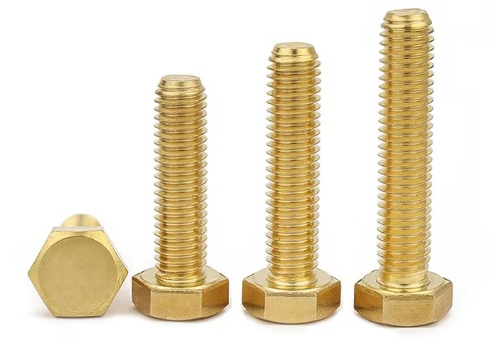Brass Bolts – Precision Engineered Fastening Solutions
Brass Bolts
Brassfit Fasteners is a leading manufacturer and exporter of high-quality Brass Bolts, offering a comprehensive range of standard and customized solutions for global industrial applications. Backed by state-of-the-art manufacturing facilities and an ISO-certified quality management system, we deliver precision and durability in every bolt we produce.
Product Overview
Our Brass Bolts are crafted using premium-grade brass to ensure superior corrosion resistance, strength, and long-term performance. Suitable for use in electrical, automotive, marine, construction, instrumentation, and general engineering industries, our bolts meet international quality standards and are available in a variety of sizes, threads, and head types.
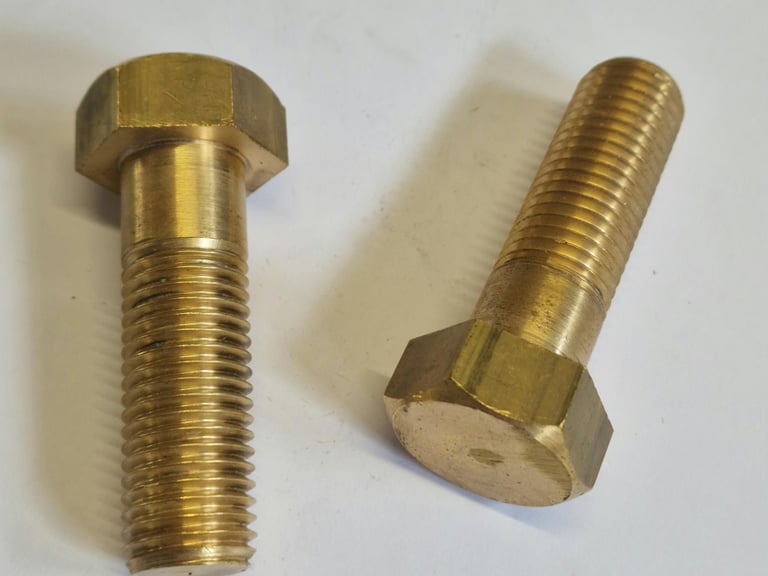

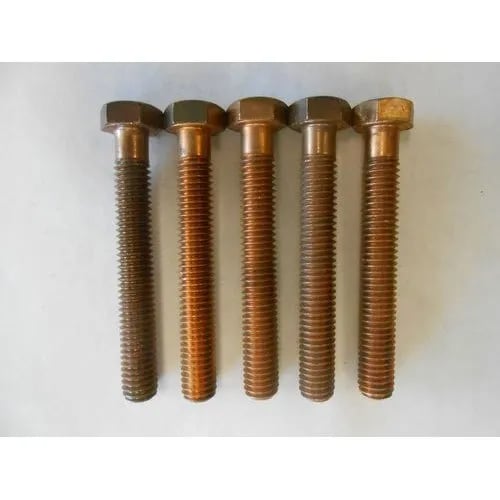

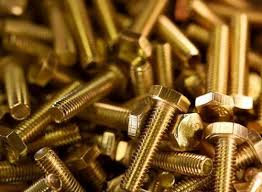

Types of Brass Bolts We Offer
Types of Brass Bolts We Offer
Hex Head Brass Bolts
Round Head Brass Bolts
Flat Head Brass Bolts
Square Head Brass Bolts
Countersunk Brass Bolts
Threaded Brass Studs
Forged Brass Bolt
Lead-Free Brass Bolts
Custom Brass Bolts as per Drawings and Specifications
Key Features & Advantages
Manufactured from high-grade brass (CW617N, CW614N, CZ121, C36000, or as per client requirements)
Excellent corrosion resistance and conductivity
High mechanical strength and dimensional accuracy
Uniform threads with smooth finish
RoHS and REACH compliant
Available in both metric and imperial threads
Suitable for both indoor and outdoor applications
Customization Capabilities
At Brassfit Fasteners, we specialize in custom-made brass bolts tailored to your unique design, application, and engineering specifications. Whether it’s a prototype, low-volume batch, or large-scale production, our advanced CNC machining and precision turning capabilities ensure fast turnaround and consistent quality.
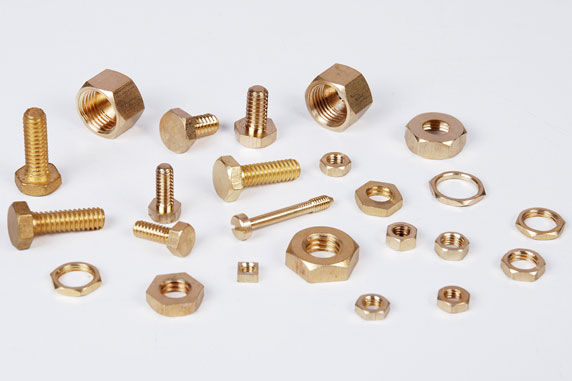

Manufacturing & Quality
Advanced CNC & VMC Machines
Screw Heading & Thread Rolling Machines
Swiss Sliding Head Lathes for Micro Precision
In-house Tool Room and Design Support
100% Visual and Dimensional Inspection
ISO 9001:2015 Certified Quality Systems
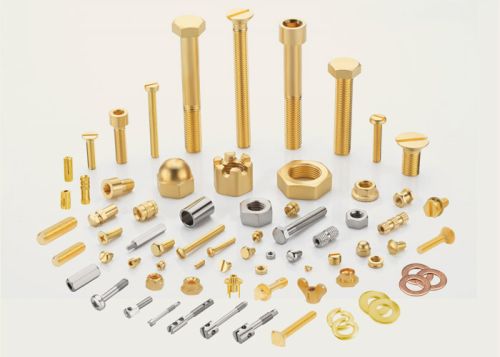

Industries We Served
Industrial Assemblies
Construction
Electrical & Electronics
Automobiles & Transportation
Hydraulics and Pneumatics
Marine & Aerospace
Plumbing & Sanitary
Renewable Energy
Instrumentation & Control Panels
Global Exporter of High-Quality Brass Bolts
Brassfit Group is a trusted name in the manufacturing and export of precision brass Bolts and components. We proudly serve a wide international customer base with reliable, high-performance brass products engineered to meet global standards.
Our export network spans across major global markets, including:
United States of America, United Kingdom, Australia, Germany, Italy, France, Spain, Netherlands, Austria, Sweden, Switzerland, Ireland, and Denmark.
As a leading brass parts exporter, we specialize in delivering custom brass components, CNC machined brass parts, and brass fittings for various industries, including electrical, automotive, plumbing, and industrial applications.
